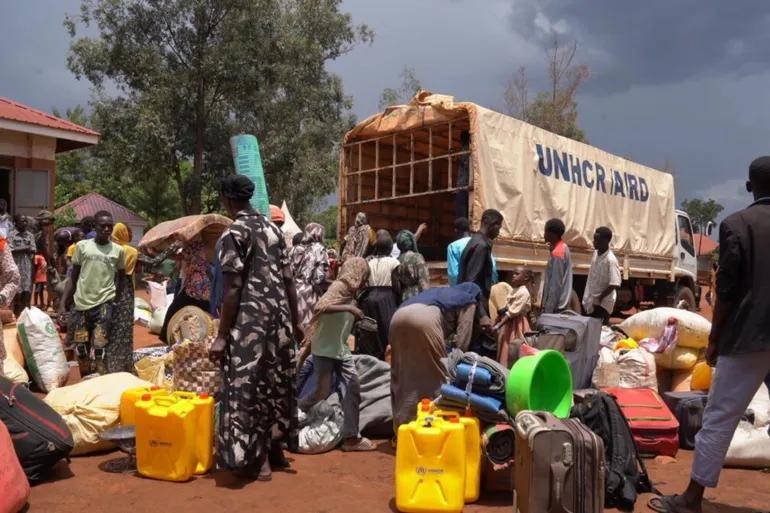Uganda is on the brink of hosting two million refugees, as escalating conflicts in Sudan, South Sudan, and the Democratic Republic of Congo continue to force thousands across its borders each week. The UN Refugee Agency (UNHCR) has issued a stark warning that emergency humanitarian funding is rapidly depleting, threatening critical aid services.
According to Dominique Hyde, UNHCR’s Director of External Relations, who recently visited settlements for Sudanese and South Sudanese refugees, the humanitarian response in Uganda faces one of its worst funding crises in decades. “I met a 16-year-old girl from South Sudan who now cares for her four siblings after losing their parents. She dreams of returning to school, but survival is her only priority,” said Hyde.
Uganda is currently the largest refugee-hosting country in Africa, and third worldwide, sheltering 1.93 million refugees, with children under 18 accounting for over half the population. Alarmingly, more than 48,000 children and adolescents have arrived unaccompanied.
The UNHCR reports that about 600 new refugees cross into Uganda daily, and the number could reach 2 million by the end of 2025. Yet, emergency funding is expected to run out by September, leaving refugees vulnerable to rising malnutrition, sexual violence, mental health crises, and loss of shelter and access to basic services.
Despite Uganda’s progressive refugee policy—which allows refugees to live, work, and access public services—the severe funding gap now means that only $5 per month can be provided to each refugee, far below the estimated $16 needed.
As of the end of July, the UNHCR could only support 18,000 people with cash and essential relief items—just enough to cover two months of the current influx. Only 25% of the required funding for Uganda’s refugee response has been secured so far.
The UNHCR is urgently calling for sustained international support—not only from humanitarian donors but also development actors—to preserve the dignity and safety of millions seeking refuge and to prevent a collapse of one of the world’s most effective refugee-hosting models.
